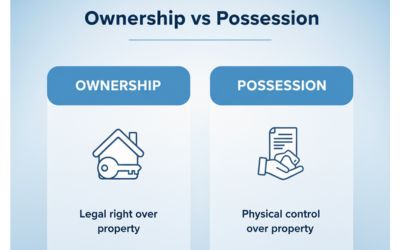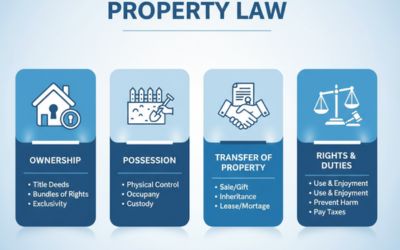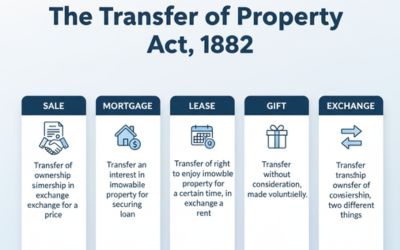Sridhar v. N. Revanna

Quick Summary
This case answers a straight question: can a gift say “the donee shall never sell”? The Supreme Court said no. A blanket ban on selling is void under Section 10 of the Transfer of Property Act, 1882.
The donor gifted land to his grandson in 1957 but added an absolute “no sale” clause. The grandson later sold the land. The Court held the restraint clause was invalid. Section 13 (unborn person) did not apply, because the gift was in favour of a living person.
Issues
- Was the “no alienation” condition in the gift deed valid under the TPA?
- Did Defendant No. 1 have the right to sell despite that clause?
- Did Section 13 TPA (transfer for unborn person) apply to this deed?
Rules
- Section 10 TPA: An absolute restraint on alienation in a transfer (including gifts) is void, except limited lease cases.
- Section 13 TPA: Applies when property is transferred for an unborn person; the transfer must cover the whole interest. Not applicable when the primary transferee is alive.
- A gift cannot strip the donee of the basic power to transfer.
Facts (Timeline)

Arguments
Appellants (Sridhar & Anr.)
- Gift restricted alienation; sales by D1 are void.
- Gift mentioned younger brothers and male children; invoke Section 13.
Respondents (D1 & purchasers)
- Absolute restraint is void under Section 10; therefore, sales stand.
- Gift was to a living donee; Section 13 not applicable.
Judgment

The Supreme Court set aside the High Court’s view on the restraint clause. It declared the clause void under Section 10 TPA. Since the restraint failed, the sale deeds executed by D1 remained valid.
The Court also held that Section 13 did not apply because the transfer was made to a living donee; references to future brothers did not convert it into a transfer for an unborn person.
Ratio Decidendi
A gift cannot carry an absolute ban on sale. Such a restraint directly hits Section 10 TPA and is void. Section 13 TPA is irrelevant where the primary beneficiary is alive at the time of transfer.
Why It Matters
- Drafting clarity: avoid absolute restraints; use lawful, limited conditions if needed.
- Certainty in titles: void restraints cannot cloud later alienations.
- Exam aid: clean separation of Sections 10 and 13 in problem questions.
Key Takeaways
Mnemonic + 3-Step Hook
Mnemonic: “No Absolute Gift Bans” → No restraint, Absolute is void, Gift deed, Buyer protected.
- Read the clause: is it a total ban?
- Recall Section 10—absolute restraints are void.
- Reject Section 13 if the donee is a living person.
IRAC Outline
Glossary
- Restraint on alienation
- A condition that prevents the owner from selling or transferring property.
- Section 10 TPA
- Declares absolute restraints void in transfers, except limited lease situations.
- Section 13 TPA
- Allows transfers for unborn persons only if the entire interest is kept for them.
FAQs
Related Cases
Share
Related Post
Tags
Archive
Popular & Recent Post













































































































Comment
Nothing for now